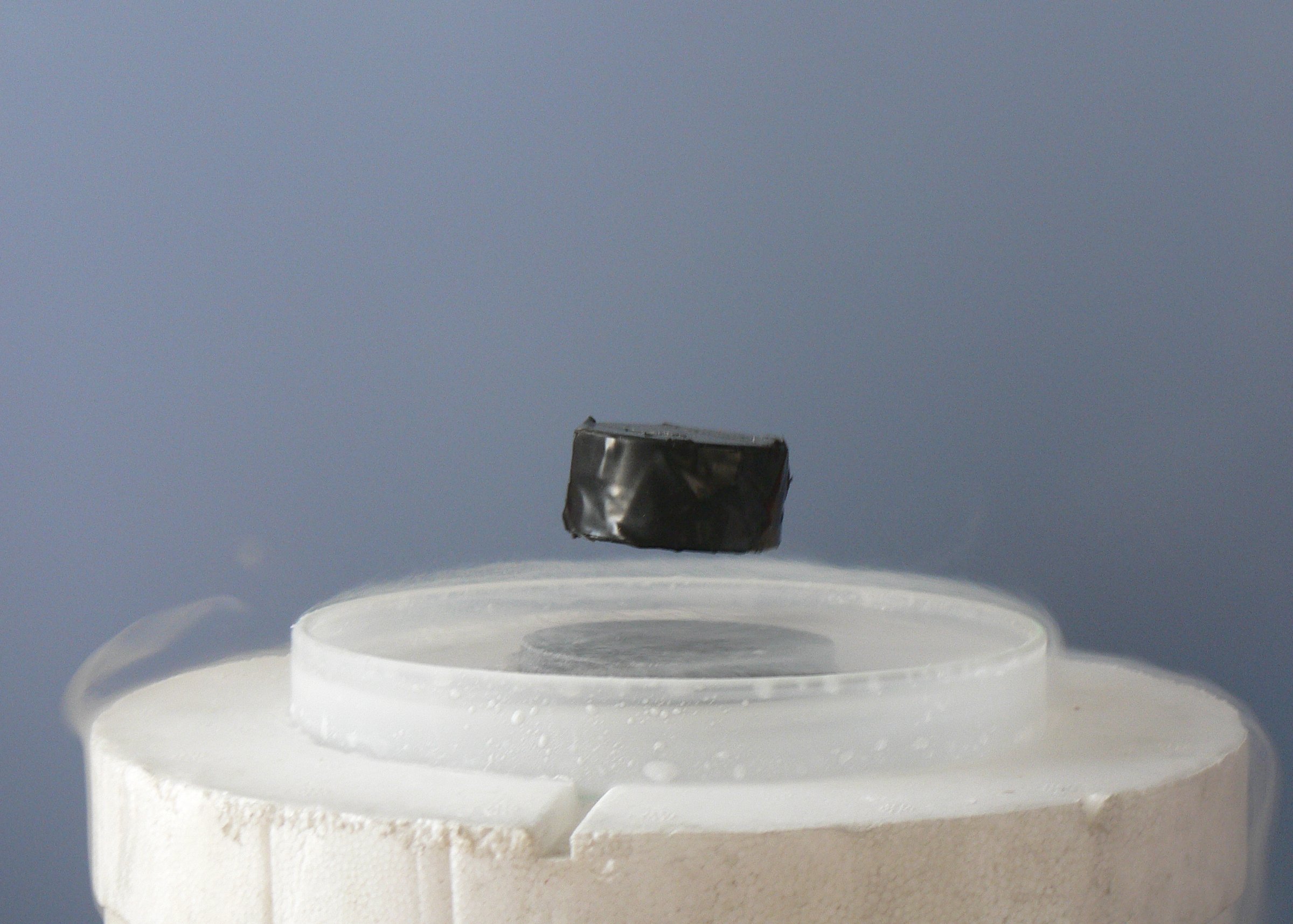Practical applications of Superconductors
- Introduction to Superconductors
- Different Types of Superconductors
- Quantum Mechanics
- Synthesis and Fabrication of Superconductors
- Superconductors and Electronics
- Superconductivity and Energy
- Innovation and the Future of Superconductors
- Reflection and Discussion
Superconductors and Electronics
Challenges and Solutions in Superconductor Applications

Electrical conductivity with exactly zero resistance.
Superconductors, with their ability to conduct electricity without resistance, hold immense potential for revolutionizing the field of electronics. However, their practical application is not without challenges. This article will delve into the key challenges associated with integrating superconductors into existing electronic systems and the potential solutions to these challenges.
Maintaining Low Temperatures
One of the primary challenges of using superconductors is the need to maintain extremely low temperatures. Superconductivity is a phenomenon that typically occurs at temperatures close to absolute zero. Maintaining such low temperatures is not only technically challenging but also energy-intensive and expensive.
Solution: High-Temperature Superconductors
The development of high-temperature superconductors (HTS) has been a significant breakthrough in this regard. HTS can operate at higher temperatures than traditional superconductors, reducing the need for expensive cooling systems. However, the highest temperature at which HTS can operate is still significantly lower than room temperature, and research is ongoing to develop room-temperature superconductors.
Integration with Existing Systems
Another challenge is the integration of superconductors into existing electronic systems. Superconductors have different properties than conventional conductors, which can make integration difficult.
Solution: Hybrid Systems
One potential solution to this challenge is the development of hybrid systems that combine superconductors with conventional conductors. This approach allows for the benefits of superconductivity while minimizing the need for extensive modifications to existing systems.
Economic and Environmental Implications
The widespread use of superconductors in electronics could have significant economic and environmental implications. The production of superconductors can be expensive, and the energy required to maintain low temperatures could have environmental impacts.
Solution: Sustainable Production and Energy Efficiency
Research is ongoing to develop more cost-effective and sustainable methods of producing superconductors. Additionally, the energy efficiency benefits of superconductors — namely, the elimination of electrical resistance and associated energy loss — could offset the energy required to maintain low temperatures.
In conclusion, while there are significant challenges associated with the use of superconductors in electronics, ongoing research and development are providing promising solutions. The potential benefits of superconductivity, from energy efficiency to the advancement of quantum computing, make overcoming these challenges a worthwhile endeavor.